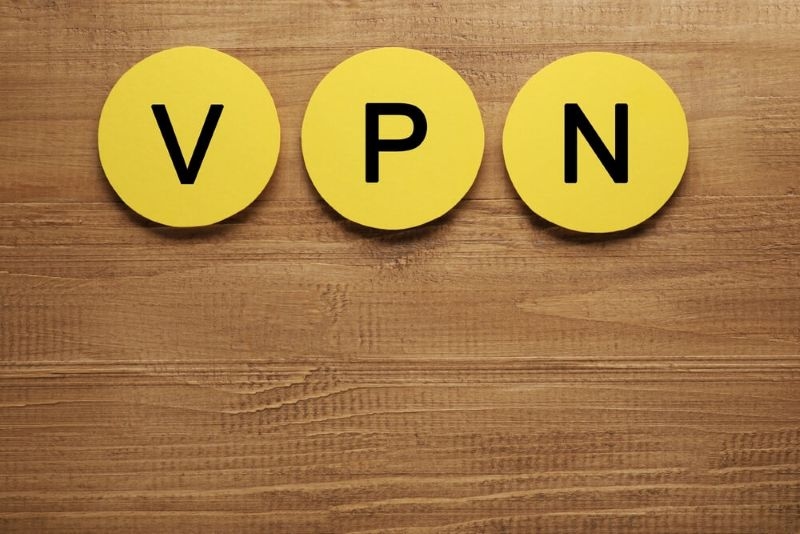LGBTQ Family Planning: Your Path to Parenthood Now

LGBTQ family planning is a deeply personal and unique journey that varies significantly from couple to couple. The process involves critical decisions, such as choosing a donor and determining who will carry the baby.
These discussions are pivotal and can be emotionally charged, underscoring the importance of working closely with a knowledgeable fertility specialist who can provide guidance and support throughout this transformative experience.
The Role of Fertility Specialists
Collaboration with a fertility specialist is essential for couples embarking on the path of LGBTQ family planning. Specialists offer invaluable advice on the various fertility options available, helping couples navigate the complexities of medical procedures and legal considerations.
They can assist in making informed decisions about donors, carriers, and the best course of action to achieve successful conception and pregnancy. This expert guidance is crucial in ensuring that the chosen fertility methods align with the couple’s goals and circumstances.
Understanding Gestational Carriers
For many gay couples, the journey to parenthood often requires the involvement of both an egg donor and a gestational carrier. An egg donor is a woman who donates her eggs, which can be obtained through egg banks or personal connections. This donation provides the genetic material necessary for conception.
On the other hand, a gestational carrier is a woman who carries and delivers the baby, but does not share any DNA with the child. This separation of roles helps ensure that the baby is genetically linked to the intended parents while being carried to term by a surrogate. It is also important to ensure that the chosen gestational carrier is fully supportive and understanding of the parents' gender identity throughout the process.
Choosing the Right Donor
Selecting an egg or sperm donor is a significant step in the LGBTQ family planning process. Couples often look for donors who match their preferences in terms of appearance, educational background, and professional achievements. This careful selection process aims to find a donor whose characteristics resonate with the couple’s values and aspirations for their child.
Fertility centers, such as South Jersey Fertility Center, offer a wide range of options, including over 50 fresh egg donors and a substantial frozen egg bank. Additionally, donor sperm can be sourced from various reputable sperm banks like Cryobiology, Seattle Sperm Bank, and California Cryobank, ensuring that couples have access to high-quality genetic material.
Navigating the Journey to Parenthood

The path to parenthood for LGBTQ family is filled with unique challenges and decisions. Timing is a critical aspect of the planning process. Couples must consider the time required for medical screenings, hormone treatments, and potential insemination attempts. This planning phase is often more time-consuming than initially anticipated, making it essential to incorporate these timelines into their overall schedule.
Transgender individuals who wish to carry a child may need to discuss the temporary cessation of hormone therapy with their doctors. This step is necessary to facilitate the body's ability to conceive and carry a pregnancy. The involvement of medical professionals ensures that the health and well-being of the individual and the potential baby are prioritized throughout the process.
Timing Your Pregnancy: A Crucial Aspect of LGBTQ Family Planning
In the realm of LGBTQ family planning, timing plays a pivotal role. The journey from the initial consultation to the moment of conception is often extensive and requires meticulous planning. Couples must factor in the time needed for medical evaluations, screenings, and potential hormone treatments.
This comprehensive process is not only essential for ensuring the health and viability of the pregnancy but also for aligning the various steps involved in achieving a successful conception. Additionally, couples should be prepared for the emotional complexities that can arise, such as dealing with a potential queer breakup during the planning process.
The Lengthy Journey to Parenthood
Embarking on the path to parenthood in the context of LGBTQ family planning involves several stages, each demanding time and careful attention. Initially, couples must undergo consultations with fertility specialists who can provide tailored advice based on their unique circumstances. These consultations help in mapping out the most suitable fertility options and establishing a realistic timeline for the process.
Medical screenings are a critical component of this journey, ensuring that both partners are in optimal health to proceed with conception. These screenings often include thorough physical examinations, blood tests, and genetic testing. For transgender individuals, this phase may also involve discussions about the temporary cessation of hormone therapy to facilitate conception, which adds another layer of complexity and time to the planning process.
Importance of Medical Screenings and Hormone Treatments
Medical screenings and hormone treatments are foundational elements in family LGBTQ planning. These procedures not only help in assessing the reproductive health of the partners but also prepare the body for the upcoming fertility treatments. Hormone treatments, in particular, are vital for individuals planning to carry the pregnancy themselves, as they help regulate ovulation and create a conducive environment for conception.
Transgender patients face unique challenges in this regard. Those who have not undergone gender-affirming surgery but wish to conceive may need to halt hormone therapy temporarily. This decision, made in consultation with medical professionals, ensures that the body can sustain a pregnancy while maintaining the individual’s overall health and well-being.
Exploring Fertility Options

When it comes to choosing the best fertility method, couples have several options. Donor insemination (DI) and in-vitro fertilization (IVF) are two prominent choices. DI involves the insertion of donor sperm into an ovulating woman, making it a straightforward and less invasive option for many couples.
IVF, on the other hand, is a more intricate process where eggs are retrieved and fertilized outside the body. The fertilized eggs are then genetically tested for viability before being implanted into the uterus. This method offers higher success rates and the ability to screen for genetic conditions, making it a preferred choice for many.
Utilizing LGBTQ Family Planning Resources
The journey to parenthood for LGBTQ family can be significantly enhanced by utilizing specialized resources. Institutions like the South Jersey Fertility Center provide extensive experience and a supportive environment tailored to the needs of LGBTQ couples. These centers offer personalized plans, taking into account each family’s unique requirements and circumstances.
Access to comprehensive resources and expert guidance ensures that couples can make informed decisions at every step. Whether it’s understanding the nuances of different fertility treatments or navigating the legal aspects of surrogacy and donor agreements, these resources are invaluable.
You may also like: Inclusive and Safe School Environments for LGBTQ+ Youth
Conclusion
LGBTQ family planning encompasses a wide array of considerations and options, from timing the pregnancy to selecting the appropriate fertility method. The involvement of fertility specialists, thorough medical screenings, and access to specialized resources are critical components in this journey.
By understanding the importance of timing and leveraging available support, couples can navigate the complexities of family LGBTQ planning and move closer to realizing their dreams of parenthood.
This content was created by AI






















